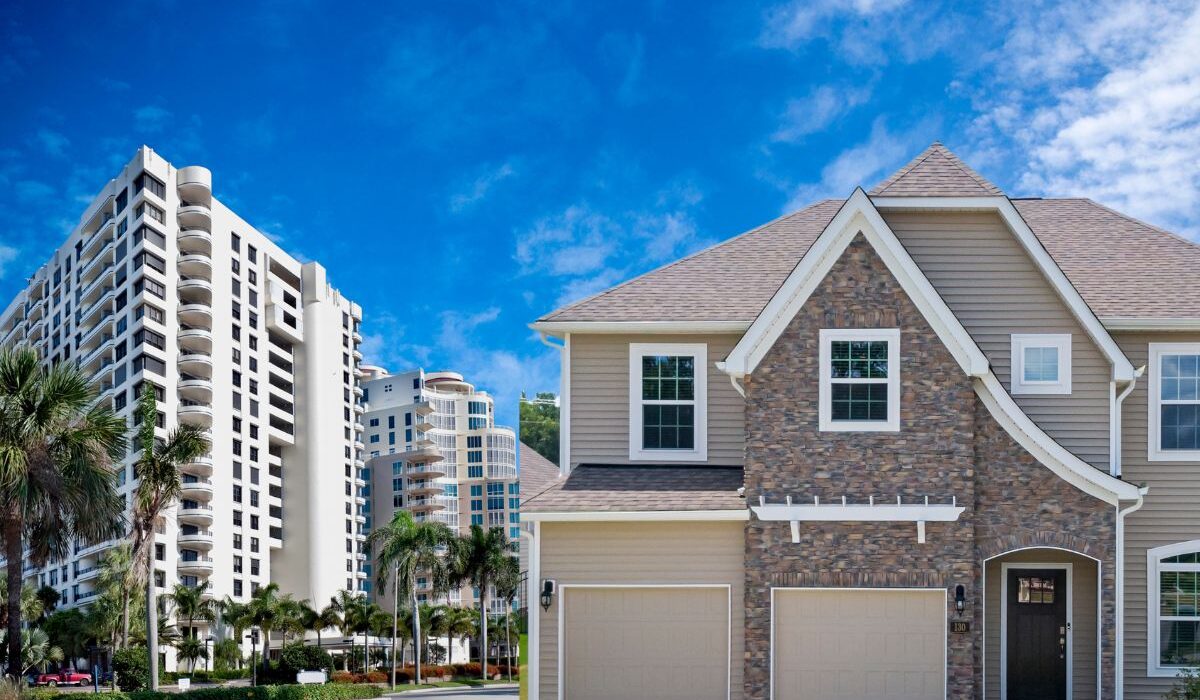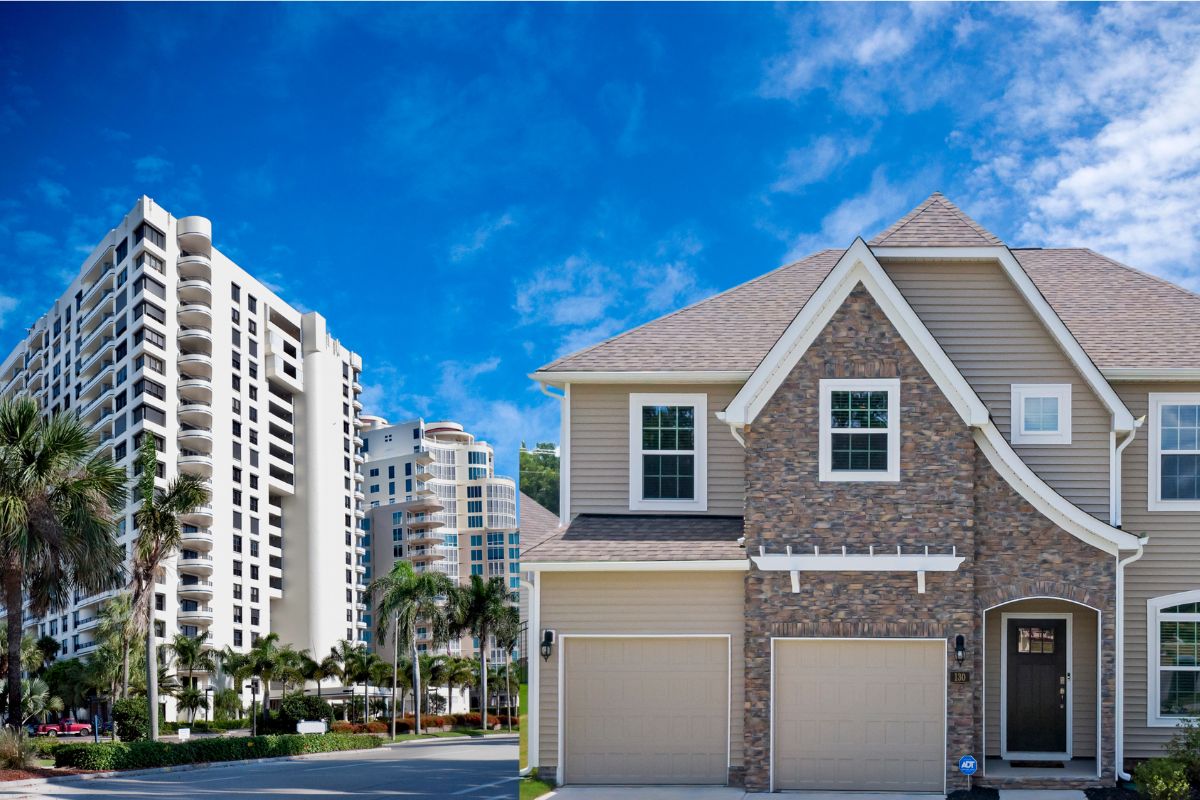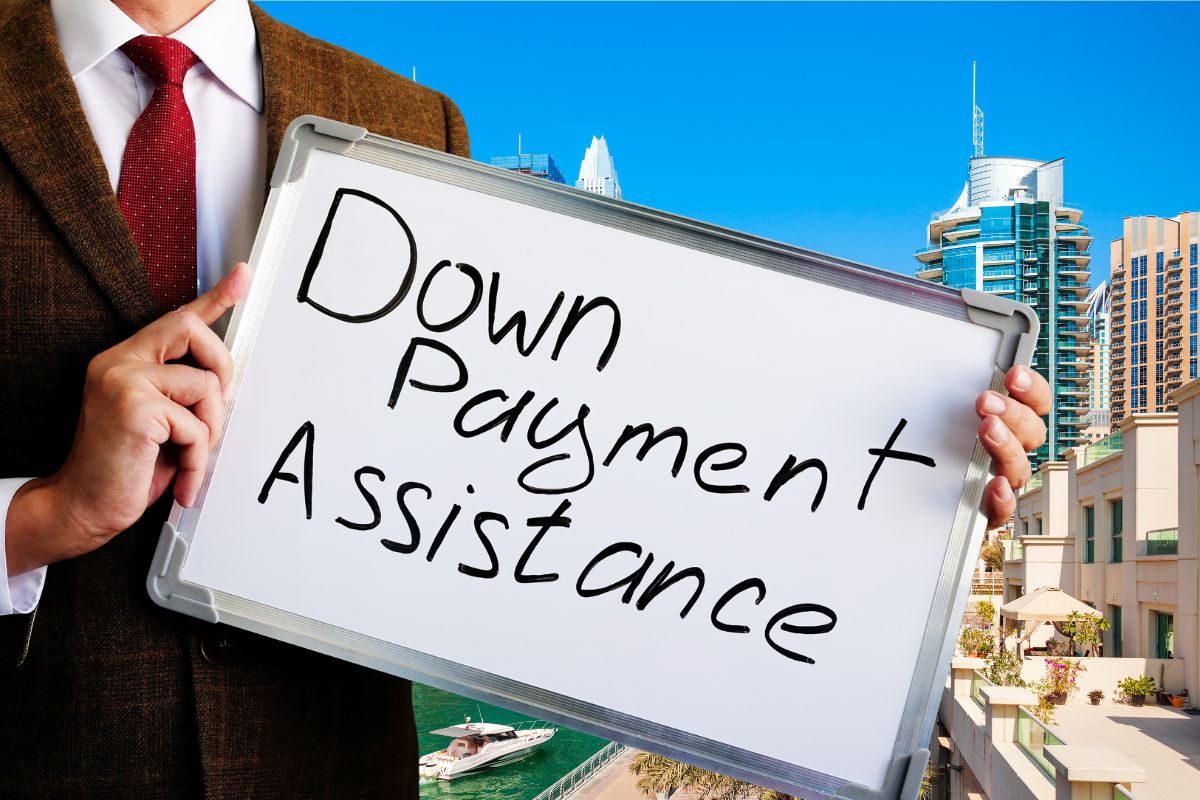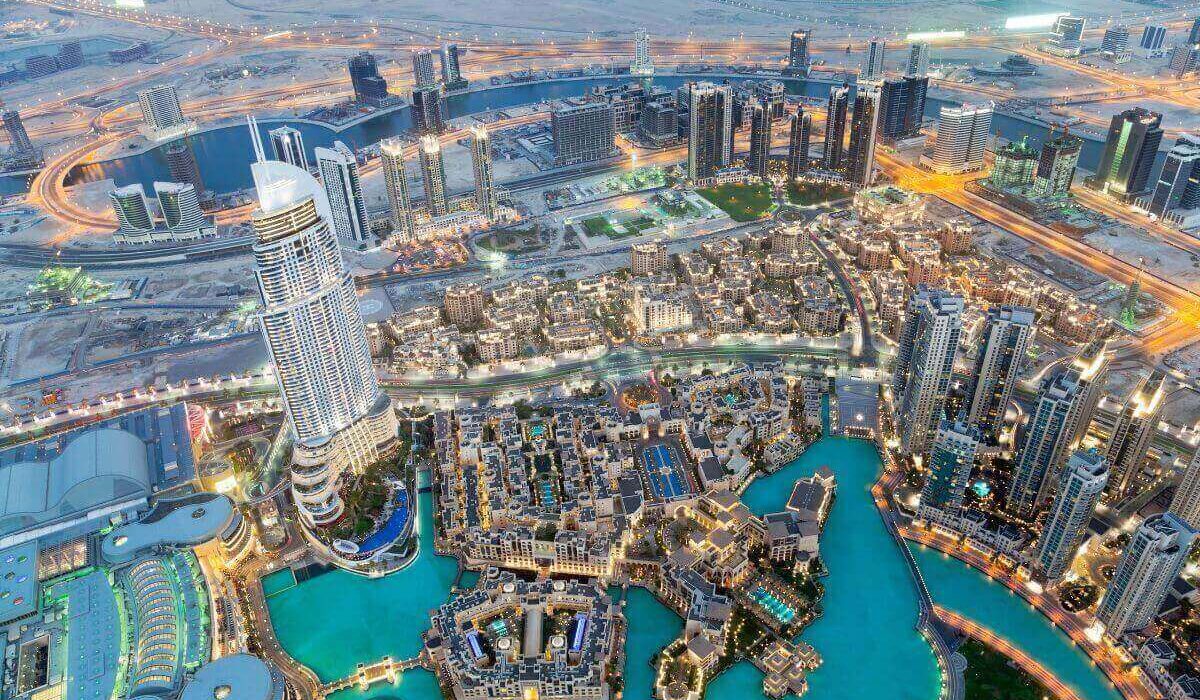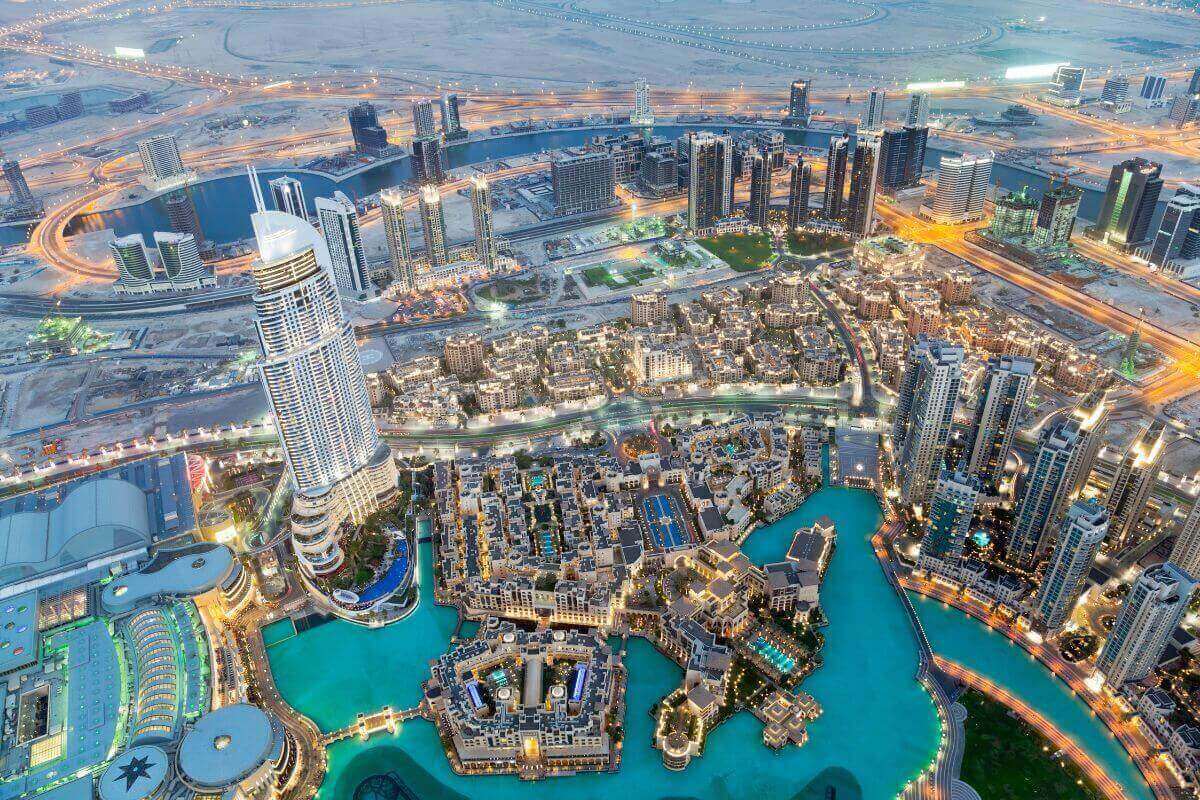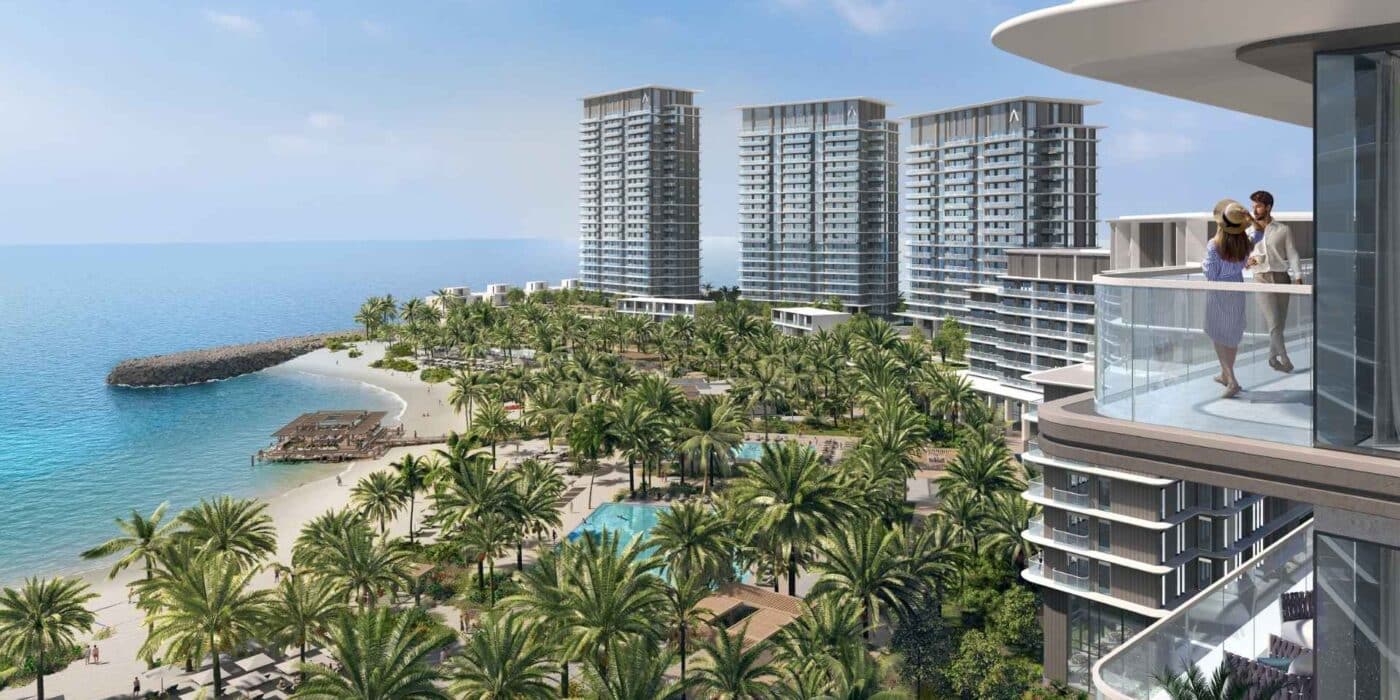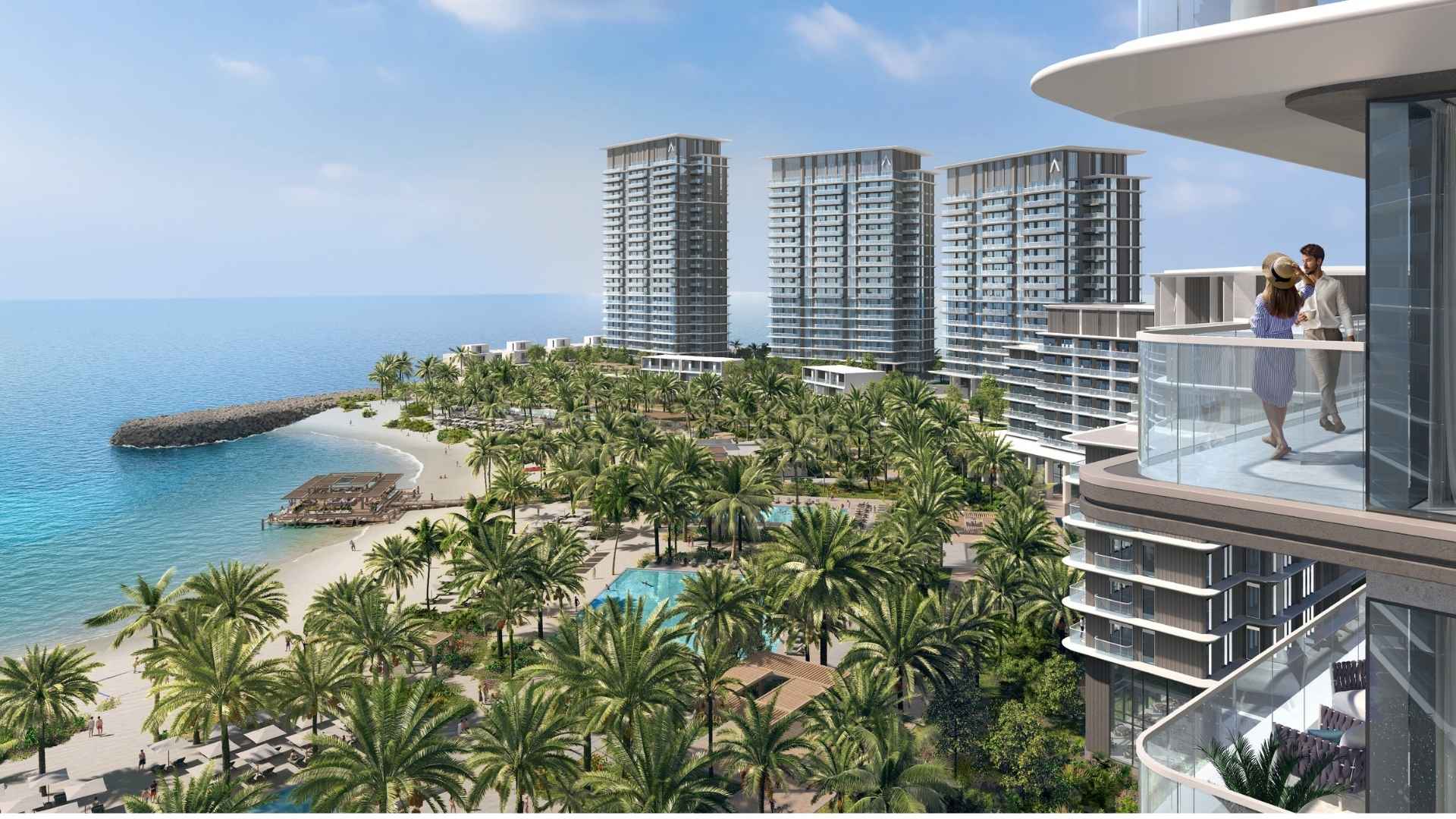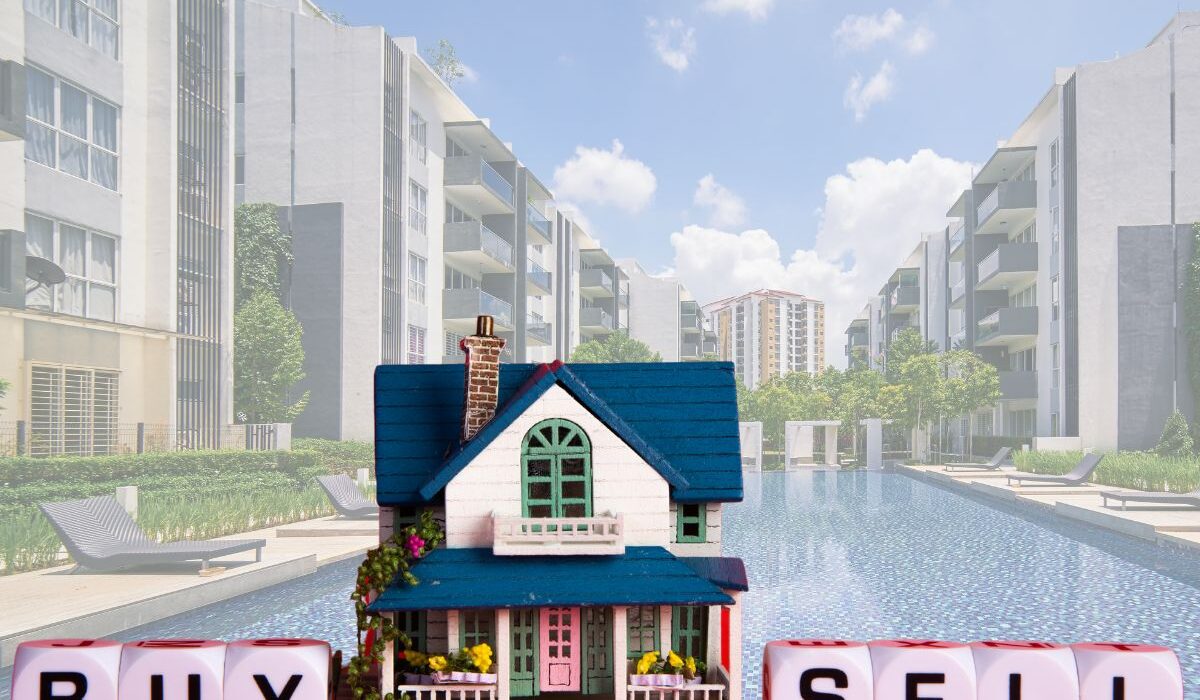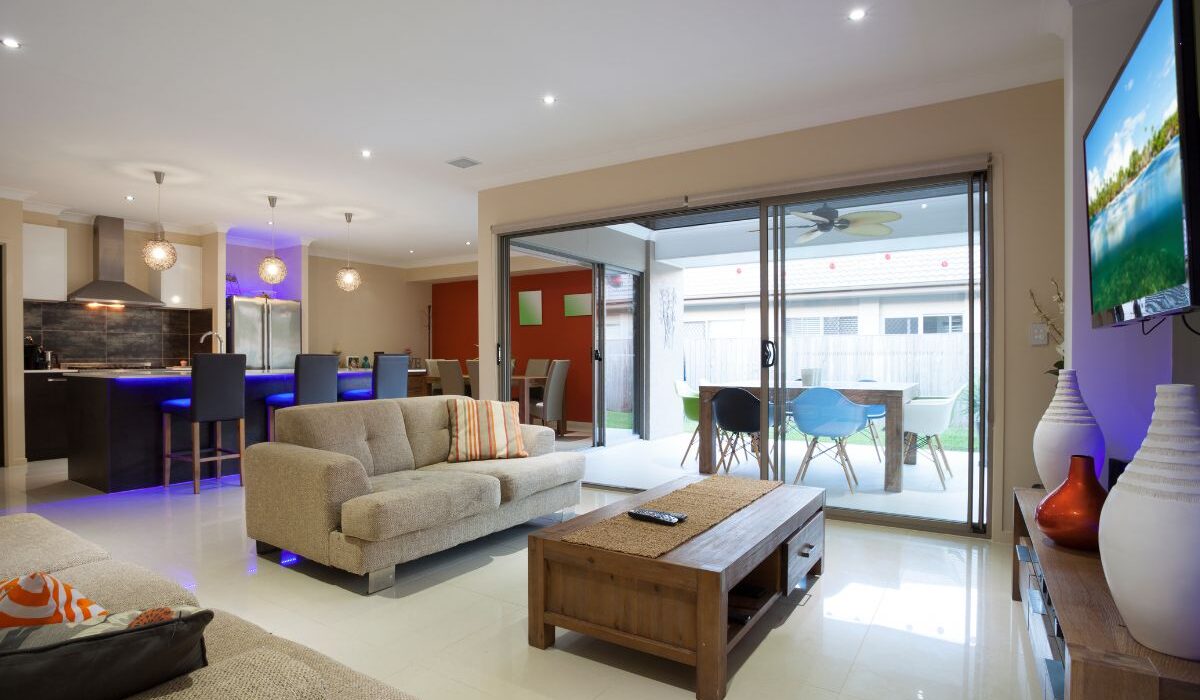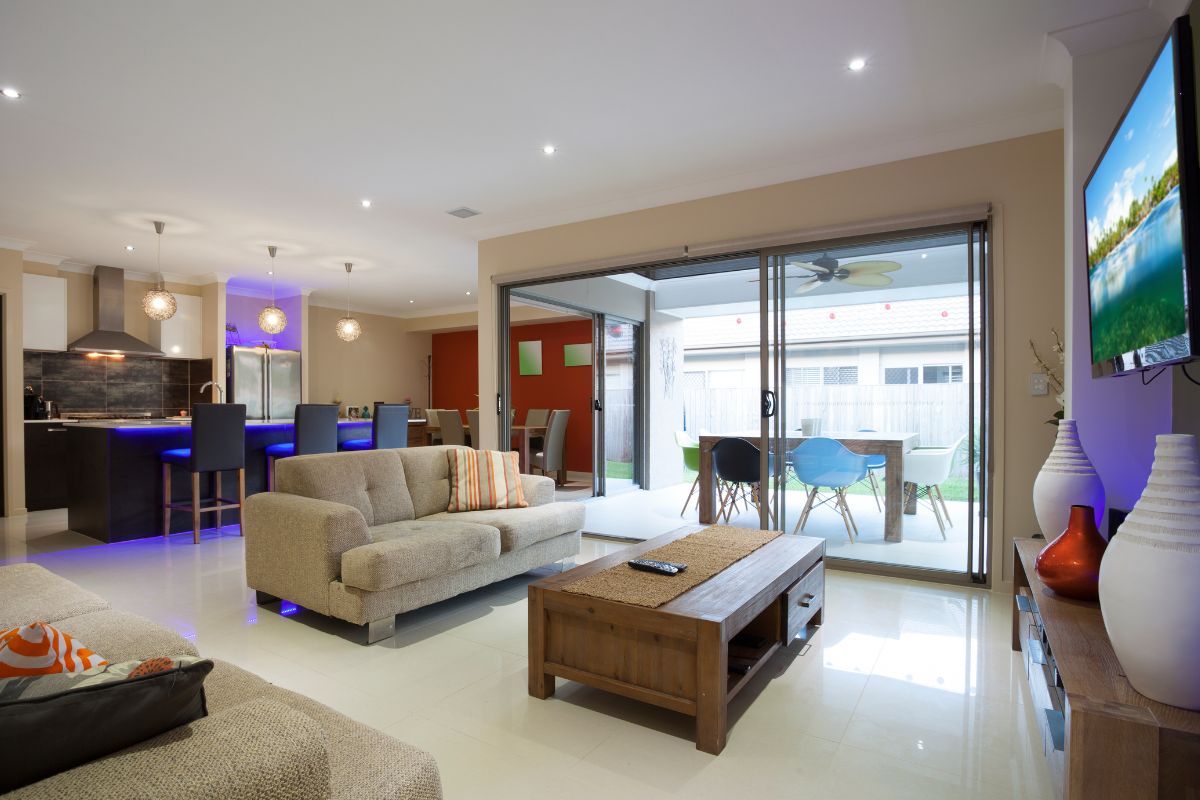A Complete Guide for Buyers and Sellers in Property Transactions
A Complete Guide for Buyers and Sellers in Property Transactions - Secondary Sales

To ensure legal compliance and a successful property transaction in Dubai, both buyers and sellers must adhere to the guidelines outlined in the Unified Contract F of the Dubai Land Department (DLD). This contract governs the Memorandum of Understanding (MOU) stage, a crucial period where parties establish the terms and conditions of the sale.
For Buyers: Essential Steps and Considerations for MOU Drafting
Buyer’s Information
Personal Details: To ensure a smooth transition to the Unified Contract F, buyers must provide their passport, Emirates ID, email, and contact number to the brokerage company. This information is required for the company to complete the registration process on the DLD system. Upon successful registration, DLD will send an MOU link to the buyer’s registered email.
Transaction Participation: Buyers should specify if they will attend the transaction in person or if they will appoint a Power of Attorney (POA) to act on their behalf. Luxury Spaces Conveyancing can provide POA services if required.
Payment Method: The buyer must specify their preferred payment method: mortgage or cash. For mortgage purchases, the buyer’s bank will handle the transaction. For cash purchases, payment can be made by manager’s cheque, cash, or bank transfer. As per DLD regulations, the seller must provide a court declaration confirming receipt of funds and waiving any further claims.
Bank Account Status: If a check is issued by a third party, a letter of consent from the third party might be needed to ensure they are acting on the buyer’s behalf and have no ownership interest in the property.
Escrow Services: If the buyer lacks a bank account or Power of Attorney, luxury Spaces Conveyancing can facilitate escrow services.
Minor as Buyer (Under Age 21)
Legal Guardianship: If the buyer is under the age of 21, their legal guardian (usually the father) must accompany them to the transaction and provide the minor’s passport.
Required Documentation: The minor will need a birth certificate attested by the Emirates Consulate in their country of origin and the Ministry of Foreign Affairs. A certified Arabic translation of the certificate is also required.
Documents Required
- Passport and Emirates ID
- Visa (if applicable)
- POA form & ID (if applicable)
- Booking deposit copy (cheque)
- If buying through a company:
- Valid passport, visa, and Emirates ID of the authorized signatory
- Trade License/Certificate of Incorporation
- Power of Attorney (attested, if applicable)
- Memorandum of Association (both Arabic and English)
- Other relevant company documents
Buyer’s Obligations
Initial Deposit: To secure the sale, a 10% deposit of the sale price must be paid to the conveyancer/broker. This deposit will be held until the property is transferred. On the transfer date, a manager’s cheque for the full purchase price must be presented to complete the transaction.
Additional Fees: Buyers will be responsible for paying fees related to the property transfer, including registration fees, legal fees, and brokerage commissions. Buyers may also need to reimburse the seller for any unused service charges associated with the property. These fees are usually calculated based on the property’s selling price.
For Sellers: Key Steps and Considerations
Buyer’s Obligations
Personal Details: To be included in the DLD system, sellers must provide their passport, Emirates ID, email address, and contact number. This information is necessary to generate the MOU link.
Transaction Participation: Both the buyer and seller need to confirm their attendance at the transaction. If either party cannot attend in person, they can authorize a Power of Attorney (POA) to act on their behalf. Luxury Spaces Conveyancing can provide POA services if Required.
Payment Method for Sale Price: Sellers should verify the buyer’s preferred payment method, which can be a manager’s cheque, bank transfer, or cash. If the buyer opts for cash payment, the seller must obtain a court declaration from Dubai Courts to validate the transaction.
Beneficiary of Sale Price: The seller is required to confirm the payee for the manager’s cheque. The cheque may be issued either to the seller directly or to a third-party Power of Attorney (POA) holder. In the latter case, the POA must be verified by the Dubai Land Department (DLD) and the buyer’s bank.
Minor as Seller (Under Age 21)
Legal Consent: If the seller is a minor (under 21 years old), a court order or No Objection Certificate (NOC) is required to obtain the Court’s approval for the sale to the Dubai Land Department.
Property Proceeds: The minor’s share of the inheritance will be under the control of Dubai Courts until they reach the age of 21. After that, they will have the right to claim their inheritance directly from the court.
Documents Required
- Passport and Emirates ID
- Visa (if applicable)
- NOC from the developer (if applicable)
- Any required documents for third-party involvement (POA, NOC)
Documents Required
Selling Price: Sellers are required to confirm the agreed-upon sale price and settle all outstanding obligations, such as developer fees and mortgage discharge costs.
Rent and Security Deposits: If the property is currently rented, the seller must adjust the rent and security deposit to reflect the transfer date and refund any excess to the buyer.
Additional Fees
It’s important to note that sellers are accountable for additional costs beyond the sale price. These include NOC fees, mortgage discharge fees, and brokerage or conveyancing charges, which must be settled prior to the transaction’s conclusion.
Property Details
The seller must disclose the property’s financial status, including any existing mortgages or off-plan payment plans. The seller should specify who is responsible for settling these debts: the seller or the buyer. Additionally, the seller must disclose any tenancy agreements and eviction notices, if the property is currently rented.
Key Point Transaction Considerations for Buyers And Sellers
Extension and Cancellation of Unified Contract F
Contract Duration: The Memorandum of Understanding (MOU) in DLD does not have a minimum duration unless the Seller requires financing. In such cases, the minimum duration is 60 days. The maximum duration for all MOUs is 180 days.
Extension: The Unified Contract F may be extended by mutual consent of both parties. The duration of such extension is not restricted and may be determined by mutual agreement. The extension link will be accessible in the DLD system until the MOU’s expiration date.
Cancellation: If both sides consent to terminate the Memorandum of Understanding (MOU), they can initiate a cancellation process within the Digital Lockers (DLD) system. However, if the MOU lapses without an extension or termination agreement, the DLD system will only allow for a dispute to be filed, as it will classify the contract as being in default.
Amendments to Form F
Once the Unified Contract F (Form F) is signed, it cannot be altered. This means no additions, replacements, or modifications to buyers or terms and conditions are permitted. If changes are needed after signing, a specific process must be followed.
A. Process for Cancelling and Re-issuing Form F
Should it be necessary to amend the existing terms, the current Form F must be voided, and a new Form F must be executed. Both parties must sign this new form to formalize the revised agreement.
B. Breach of MOU:
Any modification to Form F without proper authorization and amendment, including the addition or replacement of a buyer, will be deemed a breach of the MOU. In the event of such a breach, the affected party may initiate a dispute resolution process with the DLD.
C. Temporary Modifications and Amendments
In cases where only minor adjustments are needed without canceling the entire contract, an addendum or temporary manual Form F can be created. This document should specify the revised terms and ensure both parties agree, with the option of a formal new Form F if necessary.
D. Contract Default:
Non-compliance with Form F update guidelines will trigger a contract default. Subsequent amendments or additions to the finalized contract will not be possible, necessitating a formal dispute-resolution process
Client Details Updates
Please ensure your contact information is up-to-date in the DLD system. For any necessary updates, kindly visit the DLD Trustee office directly to prevent delays.
Buying or selling property in Dubai involves a complex legal process. To minimize risks and secure your investment, it’s essential to have the right legal support. Fam Conveyancing provides expert legal advice and services to help you navigate the intricacies of Dubai’s real estate market and ensure a smooth and legally sound transaction.

